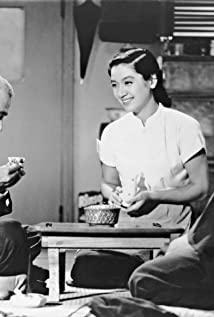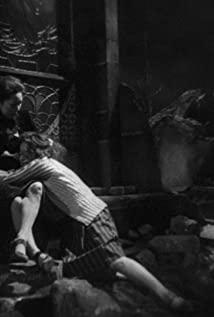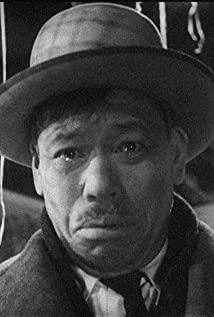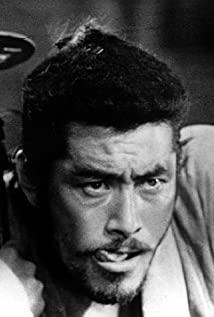However, I do not I agree that the movie is a female movie, because the heroine of the movie is always passive, but keeps a calm in every dilemma. Obviously this is illogical, and for the heroine, she has no power to see, although He is the subject of the narrative, but she is basically the object of being watched, and she does not have too much power to watch...
The heroine's tragedy is told, but the reason for the tragedy is the social discrimination against women, the director seems to want to express This theme is vague, because the weak woman we saw is indeed a bit casual in the relationship between the sexes, at least not loyal enough in the oriental morality, which may be related to the original work, the heroine of the original work is dissolute, so after the adaptation Dealing with some rebellious places, but on the whole, the director expressed a kind of sympathy, but did not make too much condemnation of the society's discrimination against women. The final outcome is that the heroine disappeared inexplicably at the lord's son's house, and changed from prostitute to prostitute. Becoming a nun makes the movie somewhat mysterious, and it may also be the heroine's self-salvation. In fact, the heroine's life is passive, what's her fault... I
have to say, how popular Tanaka Kinyo once was, however, She was not young when she performed the film, so her role as a girl was indeed a challenge. Although we saw an old face, she had already handled the girl's figure very delicately...
View more about The Life of Oharu reviews











